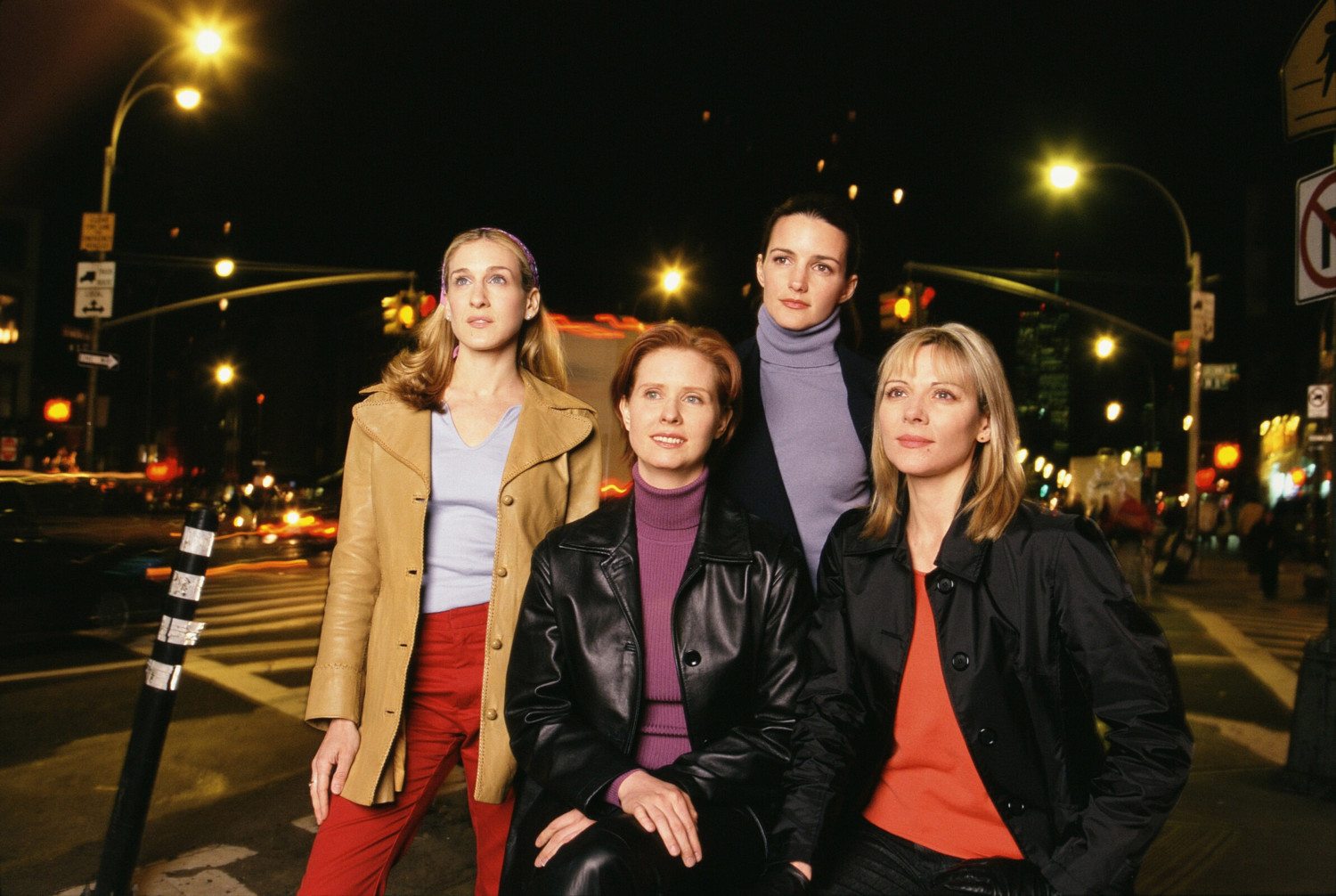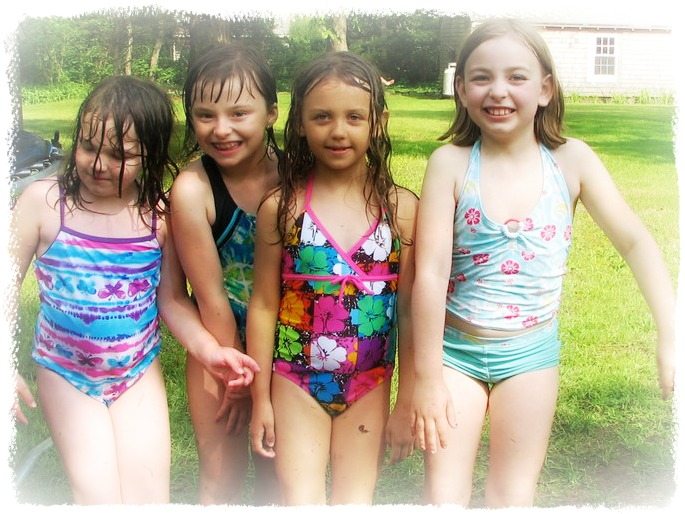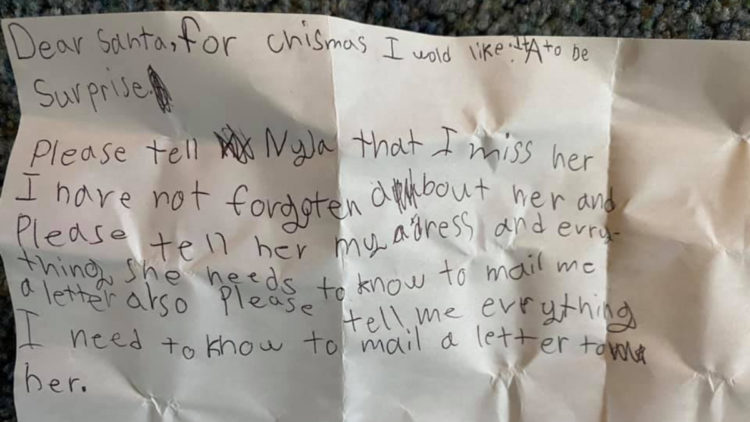Why It’s So Hard To Make Friends As An Adult
When you’re younger, it’s relatively easy to make friends. You have the built-in social structure of school and extracurricular activities like team sports. It’s also easier to find things in common during childhood and as a teenager. Think about it—the only qualifications for someone to be your BFF when you were a kid were that they lived down the street and also liked to ride bikes.
As an adult, things are a little tougher. By the time you reach your 30s or 40s, you may have noticed that some of your old friendships from childhood, high school or college have fallen by the wayside. Meanwhile, you haven’t made any new friends since you were in your early 20s.
That’s not surprising, considering how busy life gets for most of us during this stage of adulthood. Many people are focused on career, marriage and raising children. That leaves little time or energy for friendship.
In fact, a study published in Psychological Bulletin found that the number of friends we have peaks in our 20s—and then steadily declines as we age. Sure, you may meet a lot of people—at the office or your children’s school—but you may not have much else in common with those people, or you simply may no longer have the time to nurture budding friendships.
An even more brutal friendship statistic: We lose half of our friends every seven years, according to a study published in Science Daily. Why? Researchers say the “turnover” in friendships tends to correlate with life events that redefine us (marriage, parenthood, divorce, making partner at the law firm, and so on).
With the odds stacked against us, what’s a girl to do? First of all, you have to be willing to get out of your comfort zone. Consider taking night classes or joining a Meetup group. And never decline an invitation. Your new BFF may be waiting around the corner!
You may also need to change your expectations surrounding friendship. It may not be realistic to have one best friend who meets all of your social and emotional needs.
“We are all looking for a best friend—but that’s not really realistic as an adult. One friend doesn’t have to offer everything,” clinical psychologist Janna Koretz of Boston-based Azimuth Psychological told Psychology Today. “I have a lot of friends I wouldn’t call if I was having a bad day, but I’d invite them to play paintball. You can have one friend you love to talk about fashion with, someone else you go running with, another whom you call to help you get through a crisis. It can be fulfilling to have friendships on different levels.”
So while it may not be as easy to rack up new friends as when you were younger, there are still several strategies that can help. Most importantly, keep and open mind and stay active. Just like in dating, someone has to make the first move. So, invite your funny coworker out for happy hour or send an email to a friend on social media who you’d like to get to know better in real life. After all, chances are the people you’re secretly hoping to connect with are in the same boat—wondering where all their friends from seven years ago went and looking to make some new ones!








